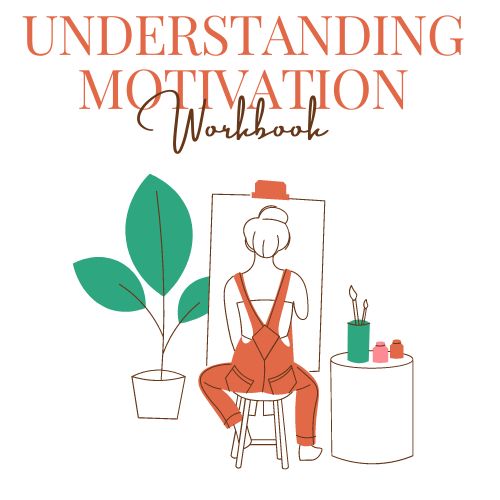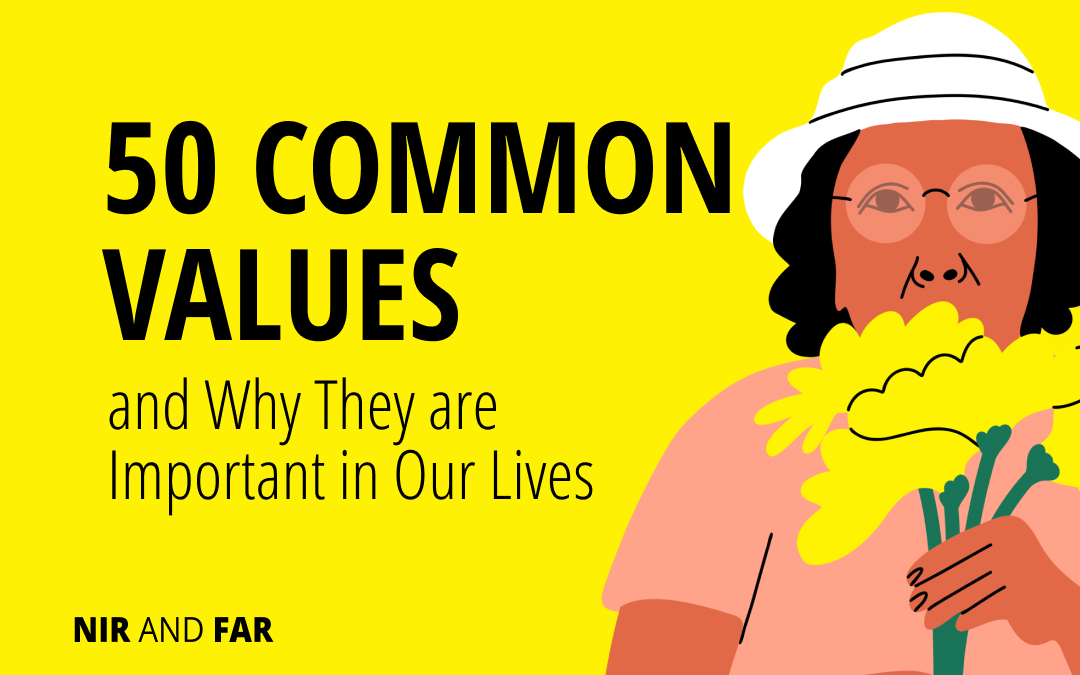Values are the compass that guides our lives, helping us make decisions that align with who we aspire to be. Understanding and defining our core values is essential for leading an intentional and fulfilling life. By embracing important values that resonate with us, we can navigate life’s challenges with integrity and consistency, ensuring we stay true to ourselves. Committing to these values allows us to create a life that is not only successful but also meaningful and authentic.
List of Personal Core Values
Here is a list of personal values that represent the core traits of the person you might want to become. These are some of the top values in life that guide our decisions and behaviors, helping us aspire to be our best selves:
- Accountability
- Altruism
- Appreciation
- Attentiveness
- Authenticity
- Boldness
- Bravery
- Compassion
- Competence
- Confidence
- Courage
- Creativity
- Curiosity
- Dependability
- Determination
- Discipline
- Empathy
- Enthusiasm
- Fairness
- Forgiveness
- Generosity
- Gratitude
- Honesty
- Humility
- Innovation
- Inspiration
- Integrity
- Justice
- Kindness
- Knowledge
- Leadership
- Learning
- Love
- Loyalty
- Mindfulness
- Optimism
- Patience
- Perseverance
- Reliability
- Responsibility
- Self-Reliance
- Selflessness
- Sincerity
- Spirituality
- Strength
- Tolerance
- Toughness
- Trust
- Trustworthiness
- Wisdom
The Misconception of Common Values
When I recently came across the headline “The World’s Most Influential Values, In One Graphic,” I couldn’t help but click—a good data visualization is like catnip for me. The chart, compiled by global research company Valuegraphics, shows the results of 500,000 surveys, across 152 languages, about what people think are common values. A few of the answers on the list of common values: freedom of speech, leisure, financial security.
I was disappointed. Not because any of those things are bad, but because they aren’t actually values. For the survey, the authors defined values as “what we care about,” which is the definition that a lot of people probably have. The thing is, what we care about changes every day—every minute, even—and that’s why it’s hard to agree on a list of values. When your kid is throwing a tantrum, you care about getting some peace and quiet. When you’re stuck in bumper-to-bumper traffic with an empty fuel tank, you care about whether there’s a gas station nearby. But these things are not examples of values.
Why? Because values are more forward-thinking than simply reactions to the immediate moment. When it comes to leading a distraction-free life, understanding and defining your core values is essential. Values shape our decisions and behaviors, guiding us towards the person we aspire to be. They help us make choices that align with our true selves, promoting integrity and personal growth.
My wife and I believe that our common values are the foundation of a strong marriage. But if we define our values as “things we care about,” we get a noisy and long list full of disagreement. She cares about wearing matching socks; I wear two different ones for fun. Does that make us incompatible? Of course not.
When we define values as attributes of the people we want to be, our next steps become clearer. My wife and I both “care about” our daughter, but that’s not actionable. What’s actionable is the desire to be attentive parents. Attentiveness is a value. And if we both want to be attentive parents, we can talk about what that means, and we can strive every day to live up to it. For us, it means being fully present when we’re together, without getting distracted by our phones.
Download Our Motivation Workbook.
Get things done (even when you don't feel like it).
Your email address is safe. I don't do the spam thing. Unsubscribe anytime. Privacy Policy.

Why are core personal values important in life?
Values are more than just reactions to immediate situations; they represent the attributes of the person we strive to be. These core value examples guide our long-term goals and aspirations, shaping our decisions and behaviors in a consistent manner. By embodying our values, we create a framework for living a life of integrity and purpose. Having a well-defined personal core values list helps us maintain focus on what truly matters.
1. Guiding Decisions
Our personal core values act as a compass, helping us navigate through life’s challenges and choices. When faced with difficult decisions, referring back to our core values provides clarity and direction. Learn more about gaining the confidence to make clear, guided decisions in my articles on choices we make in life.
2. Building Integrity
Living in alignment with our values fosters a sense of integrity and self-respect. It means our actions are consistent with our beliefs, which builds trust and reliability in our relationships.
3. Creating Consistency
Values provide a stable foundation in an ever-changing world. While circumstances and external factors may shift, our core values remain constant, offering a sense of continuity and predictability.
4. Enhancing Relationships
Shared values are often the bedrock of strong relationships, be it with family, friends, or colleagues. They create a common understanding and expectation, reducing conflicts and misunderstandings.
5. Promoting Personal Growth
Understanding and striving to embody our values encourage continuous personal development. It pushes us to improve and evolve in ways that are meaningful and fulfilling.
6. Providing Motivation
Values-driven goals are more compelling and sustainable. When our ambitions align with our core beliefs, we are more motivated and committed to achieving them. Holding well-defined values can even guide us in how to get over bad habits, motivating us to make positive changes in our lives.
Defining and adhering to our important values in life is essential for personal fulfillment and success.
They guide us towards making better choices, building stronger relationships, and leading a more consistent and authentic life. Values are the attributes of the person we want to become and are crucial in navigating the complexities of life with integrity and purpose.

